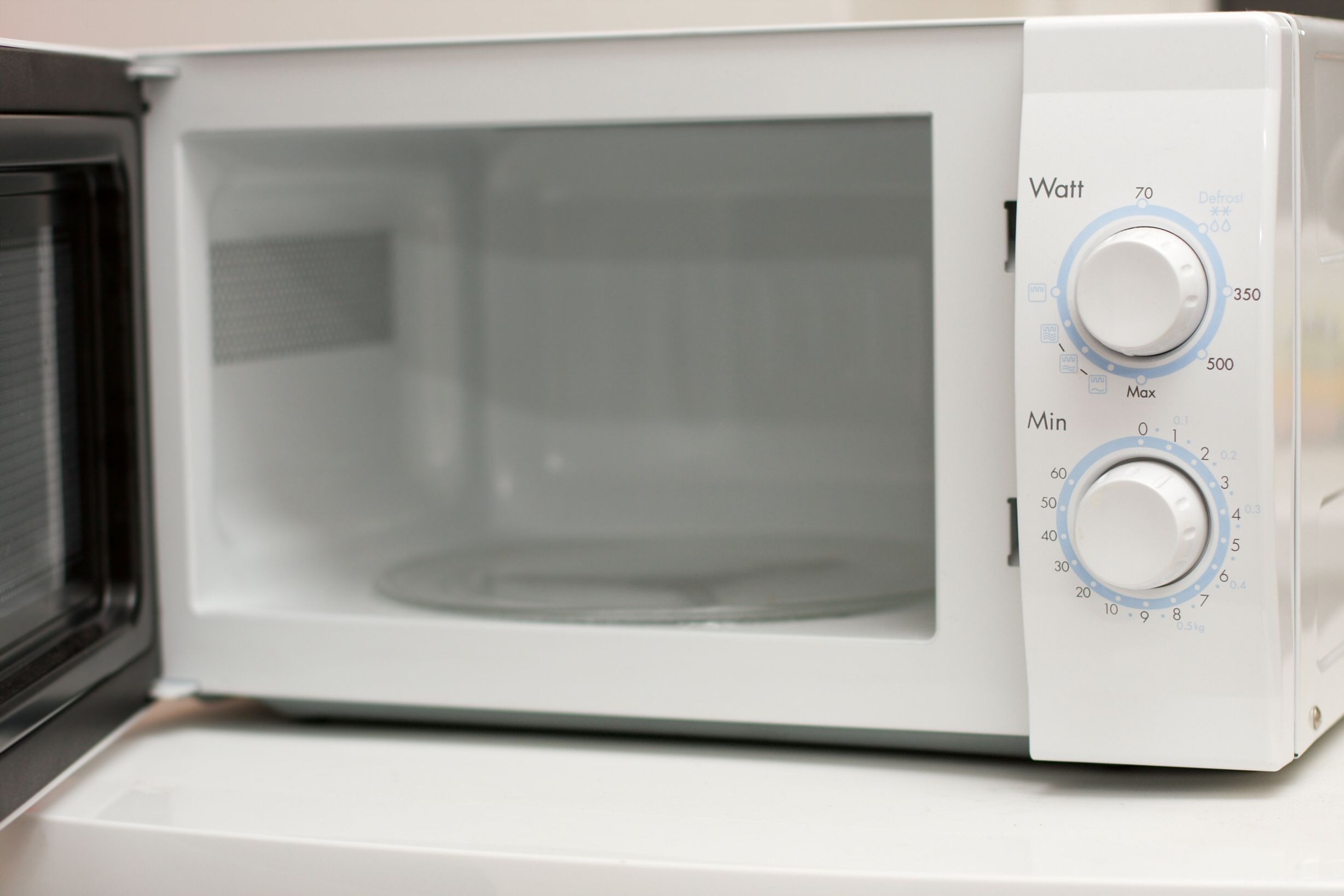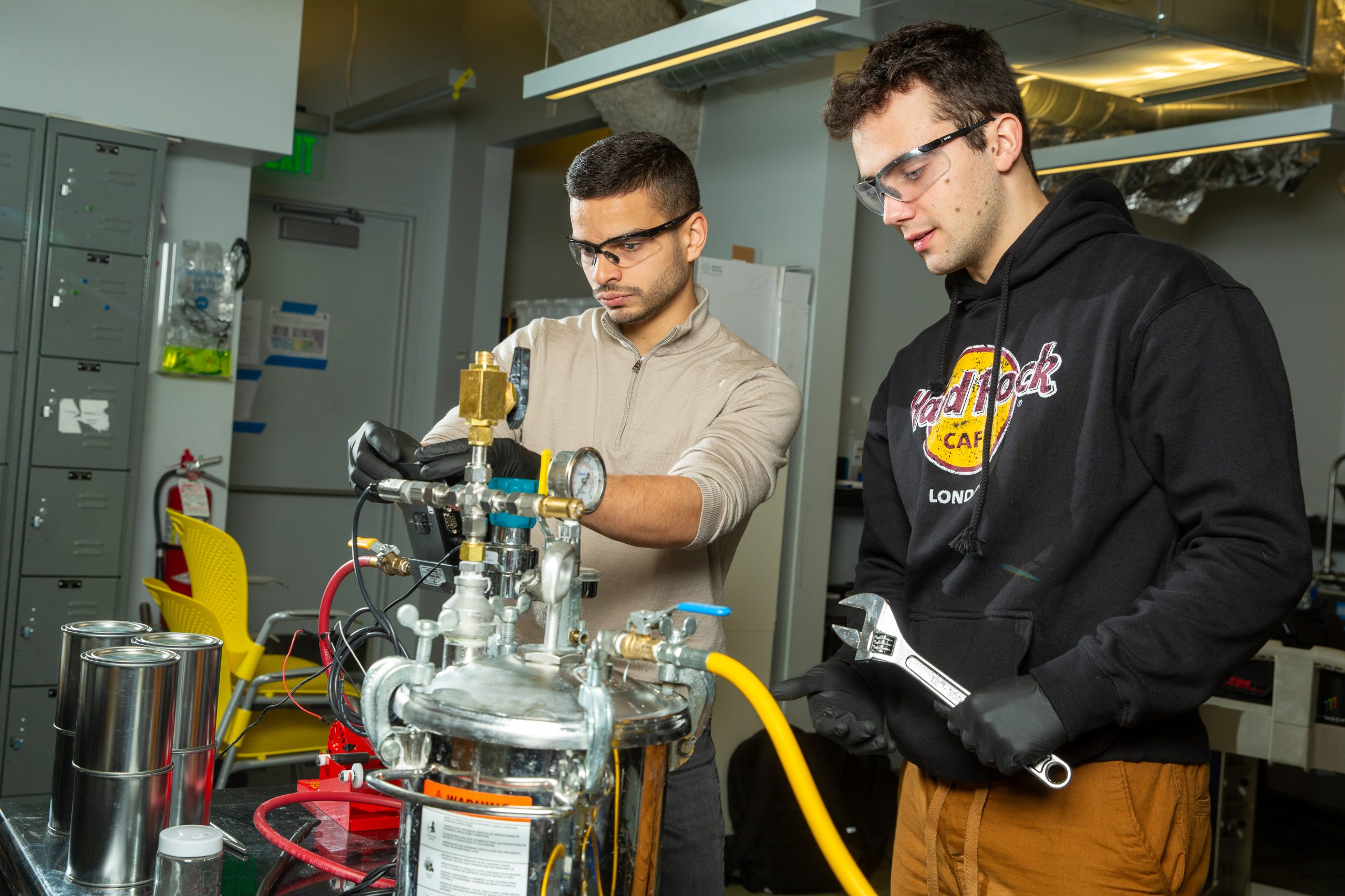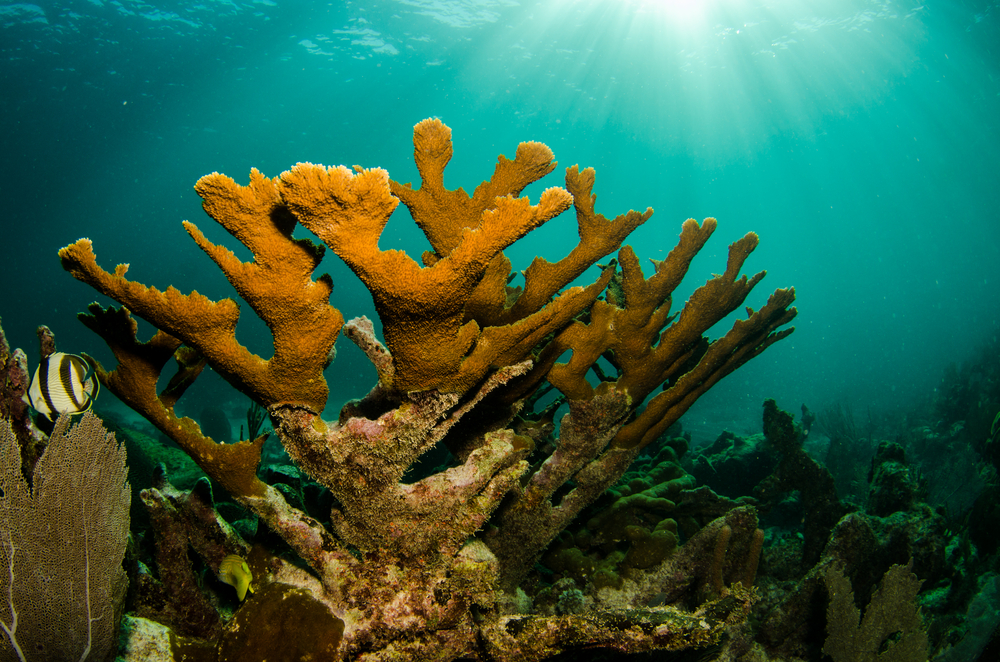According to a recent report by the UN, the world dumps at least $10bn worth of gold, platinum, and other precious metals in a growing mountain of e-waste each year. The problem is further exacerbated by the release of toxic compounds into the atmosphere associated with inappropriate and unsafe recycling practices of this type of waste.
To prevent unnecessary economic losses as well as to reduce the impact of e-waste on the environment, the UK is planning to get its first commercial refinery for extracting precious metals from electronic waste, which will be the world’s first to use bacteria rather than highly-toxic cyanide-based processes.
The project will be lead by New Zealand startup Mint Innovation, which was set up in 2016 to develop a bio-refinery that combines hydrometallurgy and biotechnology to safely extract metals – including gold, palladium, silver, and copper – from e-waste.
As the company’s chief scientific officer Ollie Crush explains, the key features of its refineries are that they are low-cost, green, and local to where the waste is being created. “We offer the same yield as the big smelters, the same level of service, and quicker. But unlike the smelters, we do not use cyanide and we use less energy, less CO2, less water, less waste,” he said.
The UK refinery will initially be able to process 20 tonnes of e-waste per day and, if the demand is there, this can be scaled up. Another plant in the south of England is being considered and a refinery is planned for Sydney, Australia.












